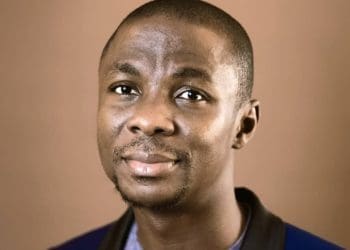In Ghana today, one wonders—what exactly do we want?
Not too long ago, the loud complaint was that the elites and the privileged had gatekept access to legal education.
The cry was that we needed more lawyers, and that the General Legal Council and Ghana School of Law had become exclusionary.
Politicians, many of whom have neither the time nor the patience to study law properly, pushed hard to “open up” access.
Their efforts have culminated in the current Bill under consideration by the Attorney General, which seeks to allow universities to run the Professional Law Course—supposedly to increase access and produce more lawyers.
But here’s the irony: long before these agitations, statistics had shown that Ghana already produces far more lawyers than Chartered Accountants, and far, far more than medical doctors. Yet, there was never any outrage about “gatekeeping” in accountancy or medicine.
The political class, however, turned their arsenal on legal institutions, accusing them of restricting legal education. The data never supported this claim.
This was the context in which the then Chief Justice, Her Ladyship Sophia Akuffo, famously (or infamously) declared that she would not mass produce lawyers.
For this, she was vilified—branded as wicked, arrogant, and greedy.
The public tore her apart for defending professional standards.
Fast-forward to today: social media is now awashed with ridicule about the “flood” of lawyers in Ghana.
People are mocking the profession, claiming we are producing too many lawyers and that it’s a waste of national resources—completely ignoring the fact that legal education in Ghana is largely fee-paying and privately funded, not government-sponsored.
Some of the statements against the idea of many lawyers being called to the Ghanaian Bar are even so funny and ridiculous.
So again, the question stands: what do we really want as a country?
We must be honest with ourselves. If we wanted mass access, we’ve achieved it.
If we wanted quality, then we must be prepared to uphold standards.
We cannot have it both ways. Policy direction on legal education must be based on reason and evidence—not populism, envy, or political expediency, which has so far been the path.
Indeed, Ghana truly needs an objective policy direction on legal education devoid of politics and emotions. It is more imperative now than ever.
Whatever happens, pursue law only if you are genuinely interested in it.
Don’t study it because it seems fashionable or because others are doing it.
The law refines those who approach it with seriousness and humility.
And it is for this reason that it has been described as a “Jealous Mistress”
Let them produce a million lawyers—what matters is whether you are the refined one. After all, ‘The Law Is The Law’.
By SOLOMON BIITIAN DAMTAR, ESQ














